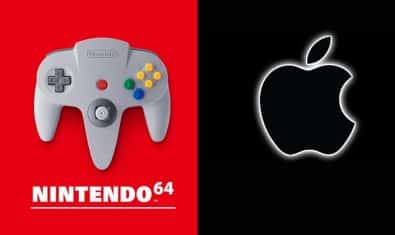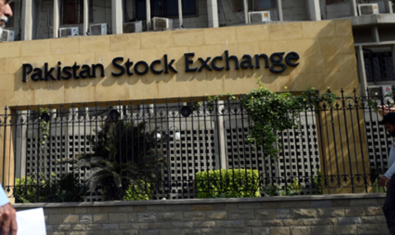In consultation with the Health Ministry, the Federal Board of Revenue (FBR) has decided to impose Federal Excise Duty (FED) on unhealthy items like cigarettes in the next federal budget.
According to the Revenue Division Year Book (2019-20), the purpose of imposing federal excise duties is not only to collect tax revenues but also to discourage the use of some unhealthy materials like cigarettes. In coordination with health ministry, other unhealthy items could be identified for the purpose of levying the FED in the coming years to discourage their consumption.
Major revenue spinners in FED include cigarettes, cement and beverages, it added.
Senior officials of the FBR told ProPakistani that the government can use the FED to generate additional revenue. This can be done by increasing the FED on beverages and other unhealthy items. The imposition of the FED on other items may be considered in the next federal budget, they added.
FBR officials further stated that the FBR would hear the viewpoint of the Health Ministry keeping in view revenue implications of each proposal. The FBR can consider items declared as unhealthy by the Ministry for imposing or raising the FED.
The FBR Year Book stated that nearly 90% of FED collection is realized from ten items during 2019-20. The share of cigarettes has declined from 37.9% to 34.8%, but still on the top. The second major contributor is the cement and its share has increased from 24% to 28%, at number three is the Air travel whose share has declined from 17.3% to 11.6% during the period under review.
Other major items are concentrates, aerated water, oil exploration, motor cars, food products, dairy products, and fruit or vegetable juices for 2019-20.
In the last federal budget (2020-21), the FBR had imposed 7.5 percent Federal Excise Duty ad valorem in case of locally-manufactured double cabin (4X4) pick-up vehicles, and 25 percent in case of imported ones, increase FED on cigar, cheroots, and cigarillos, and imported cigarettes from 65 percent to 100 percent of the retail price, increase in rate of FED on filter rods from Rs. 0.75 to Rs. 1 per filter rod, levy of FED on e-liquids of electric cigarettes at Rs. 10 per ml, and levy of FED on caffeinated energy drinks at a rate of 25 percent.
Later, the 25 percent FED on energy drinks was withdrawn.
The FED on cement was reduced from Rs. 2 per kg to Rs. 1.75 per kg through Finance Act 2020.
In budget (2019-20), the non-aerated packaged sugary drinks, such as juices, syrups and squashes were subjected to FED at 5% of the retail price and the FED on beverages was increased from 11.5 percent to 13 percent.
In the past, the Ministry of Health had moved a summary to the Economic Coordination Committee (ECC) of the Cabinet without consultation of the Federal Board of Revenue (FBR) for the imposition of ‘Sin Tax’ on the tobacco industry and beverages.
However, Health Ministry summary on ‘Sin Tax’ on cigarettes and soft drinks was not taken up by the ECC in its meeting. At that time, the proposal to impose additional FED on beverages was dropped by the government.

























